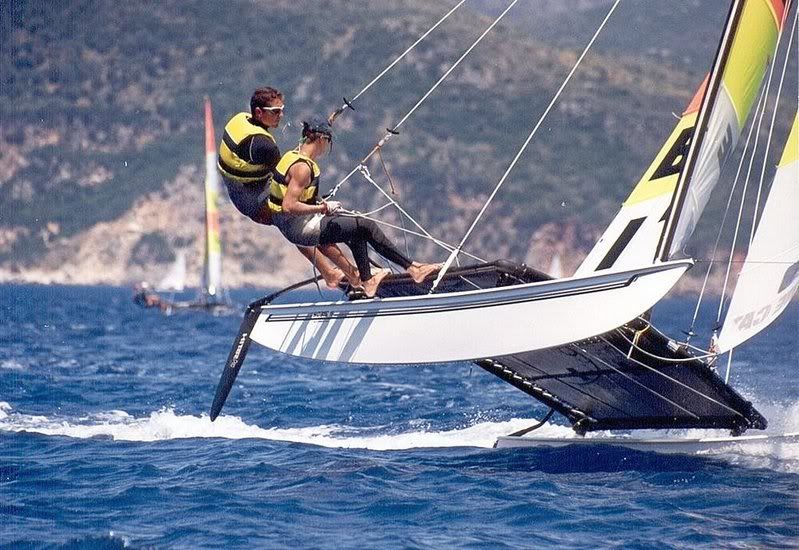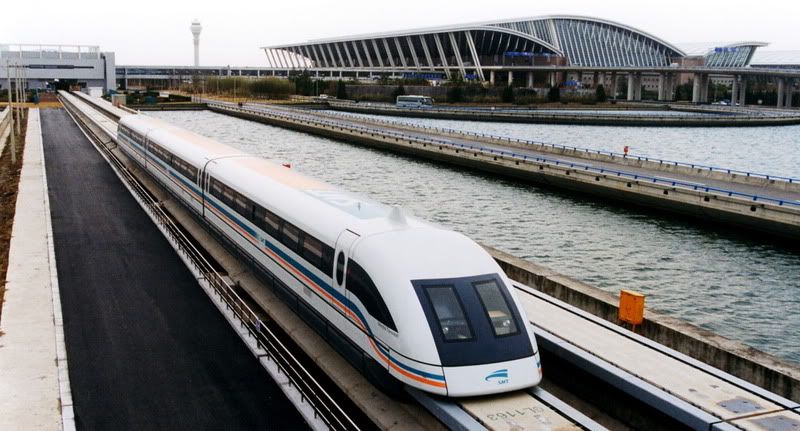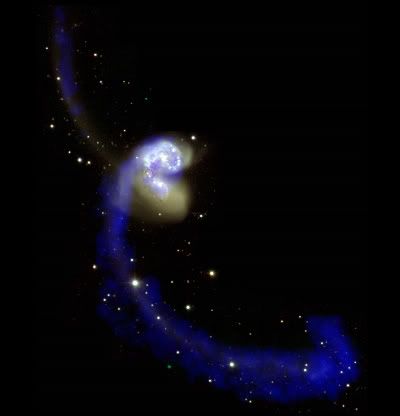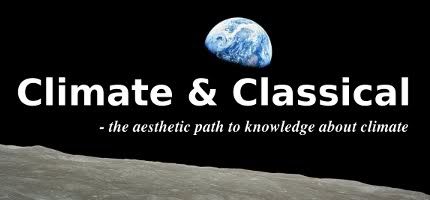One of my current projects is explaining what a climatologist is. There is so much confusion concerning climate change and who's right and who's got it all wrong I thought I'd help out with a clear definition of climatology and who among us can call ourselves climatologist. At least we can identify the experts, I thought...
I had no idea I would need to define what a car is, though. I thought it was a pretty straight forward concept, but clearly I am totally out of touch with reality. I found the ultimate proof of my need of disillusion reading Xineann's ideas of a car.
So, back to basics, folks. Here are the main means of transportation. I limit myself to stay on planet Earth (that is including the near atmosphere, mind you). Being me I have chosen illustrative examples capable of the most delightful acceleration.
Boats - transport you on water (normally - we've seen James Bond attempting using boats on land as well, but that is rather the exception).

I used to sail Hobie Cat when I was younger. Let me tell you, we totally 'killed' the wind-surfers - and they were understandably so pissed. I don't think you can get a more intimate connection with acceleration and speed than when sailing a catamaran.
Trains - transport you on land on predefined tracks.
Maglev

Here is the world's fastest train (in regular traffic); the Shanghai Maglev. Totally awesome. Totally levitating. I went to Shanghai just to take a ride on this one. Twice.
Cars - transport you on land on predefined tracks called roads - though oftentimes less well defined as railroad tracks.

SSC Ultimate Aero
This is what normally appears on Stellare's Week-end Car here represented by the fastest car in 2007-2008. Blue, of course.
Planes - transport you in the near Earth atmosphere. In principle without tracks and thus free to move in all three dimensions. However, due to heavy traffic in the air their paths are highly regulated (except over The Panhandle, Texas, USA).












No comments:
Post a Comment